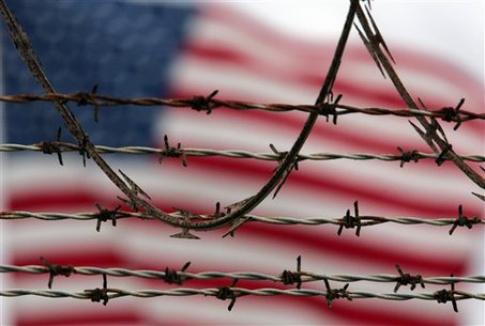A triangle of great promise

Given the turmoil in the international economy and the uncertainty emanating from the Eurozone nations, it was natural for the IBSA leaders to stress the need for Europe to implement a credible plan of structural reform.
Of all the foreign policy endeavours India has embarked upon in the last decade, the trans-continental partnership with Brazil and South Africa is surely one of the most innovative. IBSA is unique because the link between the three countries is not geographical but situational. Each finds itself occupying a similar position with the other two in the global matrix of economic, political, and strategic attributes. As large developing nations with dynamic, multi-branched economies, the IBSA trio have emerged as key players at the international level. As social democracies, they share a political culture that sees openness and the fulfilment of social obligations as key ingredients of governance.
And as countries that have been denied their rightful place in global institutions, they share not just the goal of democratising bodies like the United Nations Security Council (UNSC), the World Bank, and the International Monetary Fund but also an approach to international politics that values dialogue and diplomacy over coercion and the use of force. That is why the IBSA forum has slowly expanded its agenda and sphere of activities. The Tshwane declaration issued at the recent summit in Pretoria offers a good indication of where the grouping is headed. Apart from the issues of global governance, development, and climate change, the document deals with diverse subjects like intellectual property rights, internet governance, and gender as well as a range of regional problems from Afghanistan and Syria to Somalia, Haiti, and Sri Lanka.
Given the turmoil in the international economy and the uncertainty emanating from the Eurozone nations, it was natural for the IBSA leaders to stress the need for Europe to implement a credible plan of structural reform. The three also agreed jointly to push for expansion of the UNSC. However, South Africa's inability to get the African Union to endorse the draft resolution being prepared by India, Brazil, Germany, and Japan — the G-4 — will likely limit its willingness to get into campaign mode in New York. Apart from resolving this disconnect, IBSA needs to deal with two other structural weaknesses. The level of intra-group economic and business relations is relatively low.
Secondly, civil society and people-to-people interaction is negligible. The lack of transportation links speaks volumes for the absence of demand within the triangle. Some headway has been made at the level of trade and investment but not enough. The government can do only so much. It is for the private sector to realise the enormous opportunities that closer relations with Brazil and South Africa bring, in terms of markets and natural resources as well as access to their continents.
Hindu News




 del.icio.us
del.icio.us Digg
Digg

Post your comment